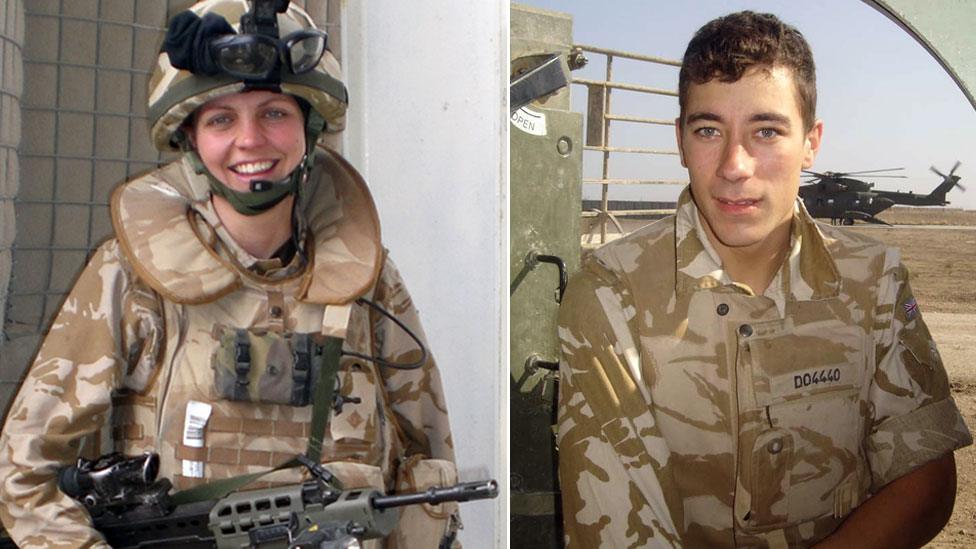Chilcot inquiry: Families will get free copy of £767 report
- Published
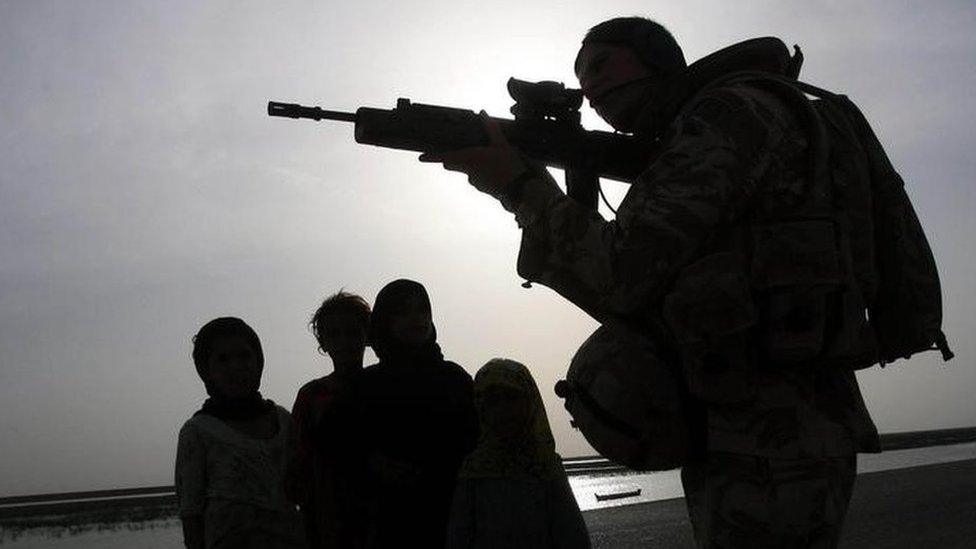
The report has taken nearly seven years to complete
Family members of British soldiers who died in the Iraq war will not have to pay £767 for copies of the Chilcot report, Downing Street has said.
Families had expressed concerns that they would not be given a free copy of the 12-volume report, due on 6 July.
However, Number 10 said: "There is no question of families of service personnel who died in Iraq having to pay for copies of the Chilcot report."
Next-of-kin were due to get a free hard copy of the £30 executive summary.
Timeline of key inquiry moments
But relatives, who have been waiting seven years for the long-awaited publication, had reacted angrily to the news that they would not get a free hard copy of the full report, which will be free online.
'Disgusting'
Earlier, Roger Bacon, whose son was killed in Iraq, told the Telegraph, external it was "ridiculous and very unfair".
"Where do they think the families are going to get the funds from to do that? This is big money for most people. We are not corporations or government organisations, we are ordinary people," he said.
"To be expected to pay that amount of money for a report that has had an enormous effect on all of us is really not on.
"To deal with something like this you need to have something you can hold and read. It is offensive to expect us to cough up that amount of money."
Rose Gentle, whose son Fusilier Gordon Gentle was killed in a bomb attack in Basra in 2004, aged 19, told the Press Association news agency it was "disgusting".
"Why should we have to pay - have we not paid enough times with the lives of our sons?" Mrs Gentle, from Glasgow, said.
"The families should get a free copy of this, we have paid the cost with their deaths...
"Why doesn't Tony Blair say 'I will pay for it', because he has got enough money."
Families have also been invited to attend inquiry chairman Sir John Chilcot's public statement when the report is published and will be able to read an embargoed copy.

Why has Chilcot taken so long?
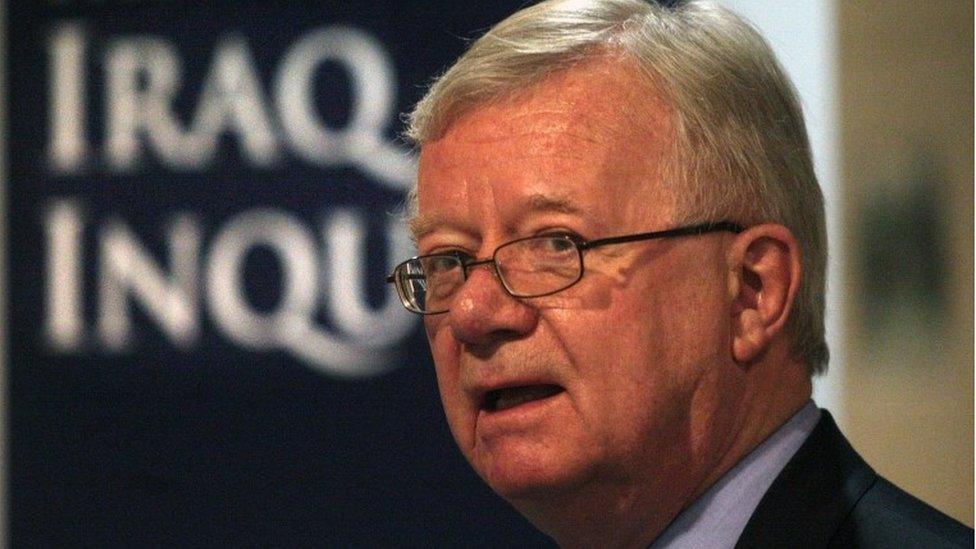
The inquiry led by Sir John Chilcot is due to publish its report on 6 July
The inquiry was announced by former prime minister Gordon Brown in June 2009. The last public hearing took place in February 2011.
There are a number of reasons why it has dragged out so long.
But the main reason for the delay was the long tussle between the inquiry and the government over which classified material could be published alongside the report, or referred to in it.

Shadow defence secretary Emily Thornberry said it was "beyond insulting" that families of the bereaved would have to pay for a hard copy of the full version.
She said: "In the great scheme of things this is not a great deal of money and we have expected these brave men and women to put their lives on the line for our country.
"The least we could do is to give their families a proper full report."
Liberal Democrat leader Tim Farron said he had written to the Ministry of Defence asking that free hard copies of the report be made available to the families on request.
He said: "It is unbelievable that after all these years of waiting, of stalling and uncertainty, we now find out that the families will have to pay for a copy of the report.
"Families who have waited years, mothers and fathers who have fought to have this report see the light of day, should not have to pay for this."
The inquiry was set up in 2009 by then prime minister Gordon Brown to examine the lead-up to the invasion, from the summer of 2001 up until the withdrawal of the main body of British troops.
The report's long-awaited publication follows 130 sessions of oral evidence, the testimony of more than 150 witnesses and is more than 2.5 million words long.
The inquiry has analysed more than 150,000 government documents as well as other material related to the invasion.
- Published4 July 2016
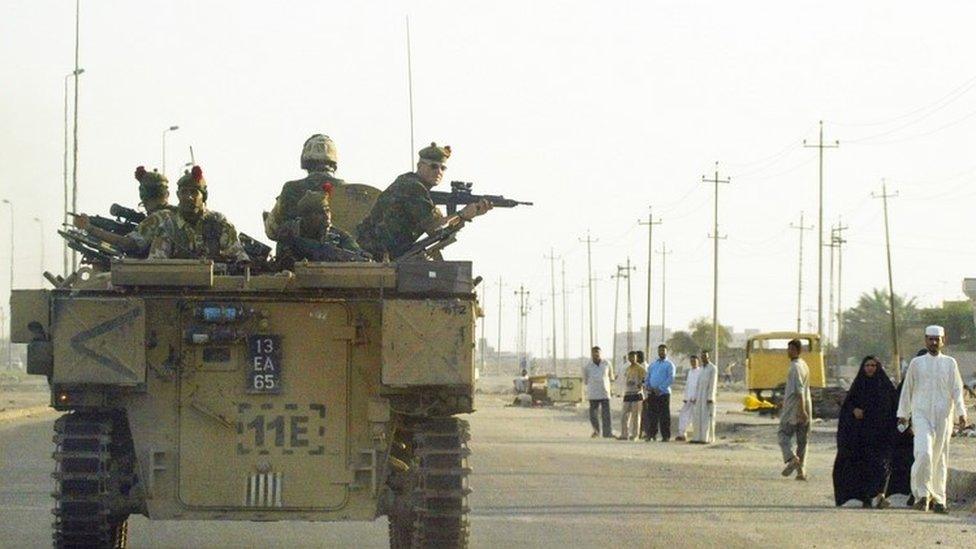
- Published29 October 2015
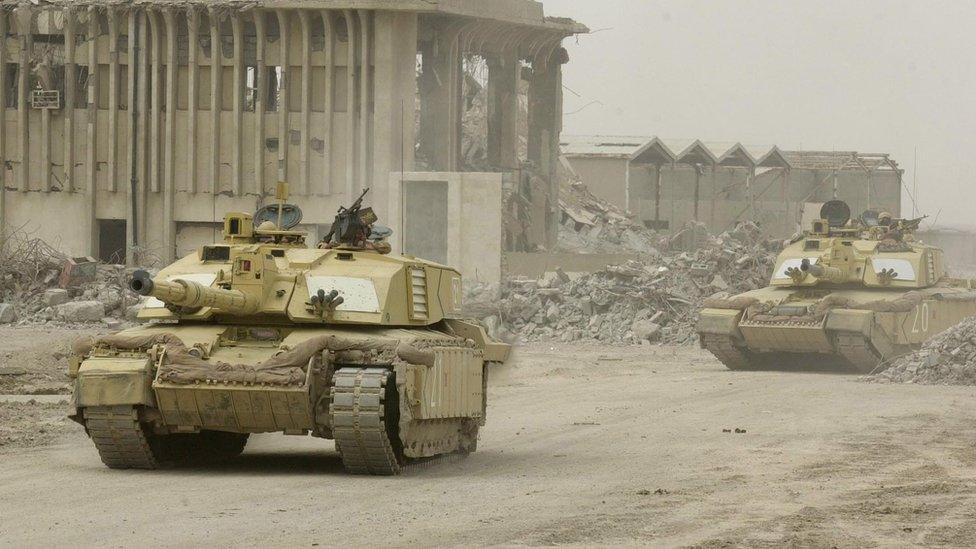
- Published5 July 2016
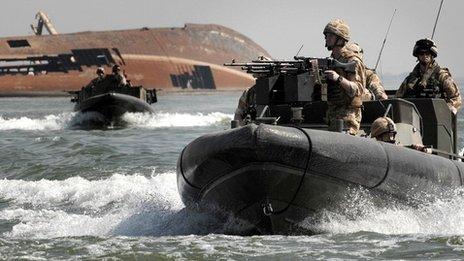
- Published7 July 2016
